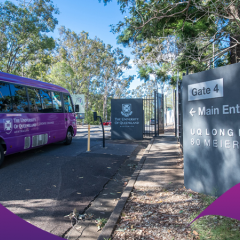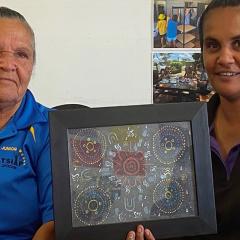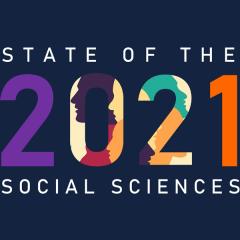ISSR has been working with Social Ventures Australia to conduct a systematic review of the Australasian literature and develop oral language resources as part of the Evidence for Learning (E4L) Early Childhood Education Toolkit.
Acquisition of oral language development is one of the most remarkable and significant features of development across the early years. Strong oral language skills provide children with a platform to communicate effectively, and predict children’s success in formal classroom settings and life trajectories more broadly. Research from Australia and internationally has demonstrated that young children who are exposed to rich oral language environments, at home and in education settings, have increased expressive language skills (use of words and construction of communications) and receptive language skills (knowledge of words and understanding of communication).
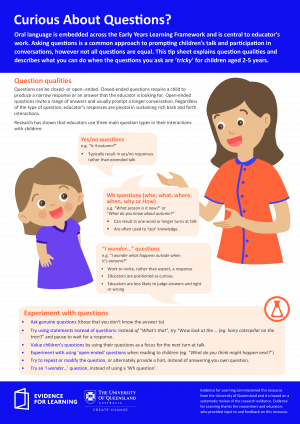
Evidence suggests that rich oral language environments are those in which children are not only exposed to complex and varied language, but are those that engage children in sustained conversations, provide opportunities for exploration and expression (e.g. using gestures, words and sentences) and allow a child to communicate their thoughts, feelings and ideas. Whilst oral language is embedded across the Early Years Learning Framework, and speaking and listening are important elements in the Literacy Strand of the Australian Curriculum, how educators achieve rich conversations is not always well ‘articulated’.
E4L works closely with stakeholders in early childhood education to improve the quality, availability and use of evidence. Building rigorous and relevant research on early learning approaches increases the body of knowledge that educators can draw on in making their decisions to support all children to make the best progress possible. E4L’s Early Childhood Education Toolkit shows that communication and language approaches consistently show positive benefits for young children’s learning.
The resources developed by our ISSR early education team focused on identifying evidence-informed strategies for early childhood educators to support rich conversations with young learners. These interactional strategies can be useful tools in an educator’s toolkit, and understanding how these strategies work, can help educators to select those most appropriate for achieving their teaching goals. These strategies include:
- Creating spaces for children’s talk: Educators can support and enhance children’s oral language by engaging ‘in sustained communication with children about ideas and experiences.’
- Curious about questions? This tip sheet explains question qualities and describes how not all questions are equal in prompting children’s talk and participation in conversations.
- Keeping the conversation going: When a child is an active participant in shared, extended conversations, they take more opportunities to talk, their talk is more complex, and educators provide a positive model for oral language use to sustain and extend conversations.
Free tip sheets developed by our early childhood team at ISSR are available for download from Evidence for Learning’s dedicated Early Childhood Educators pages.
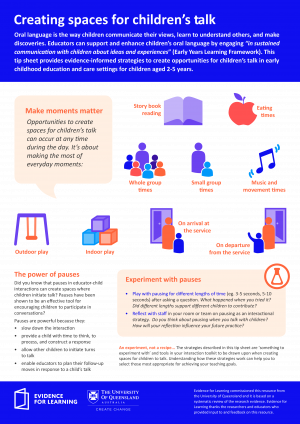
The work by ISSR, including the oral language resources, was featured as part of the Evidence for Learning (E4L) Early Childhood Education Toolkit official launch at Southbank in Brisbane, February 24th, 2020. ISSR researcher Dr Sally Staton participated in the panel discussion for this launch and ISSR Professor Karen Thorpe was named as Chair of the newly formed Evidence for Learning’s Early Childhood Education Expert Reference Council.
These resources have been features on Education Today, with high interest across the ECEC and school sector. The team has also developed professional development sessions based on this research, presented in person and online to early childhood educators and support workers in vulnerable and remote communities across Qld.

